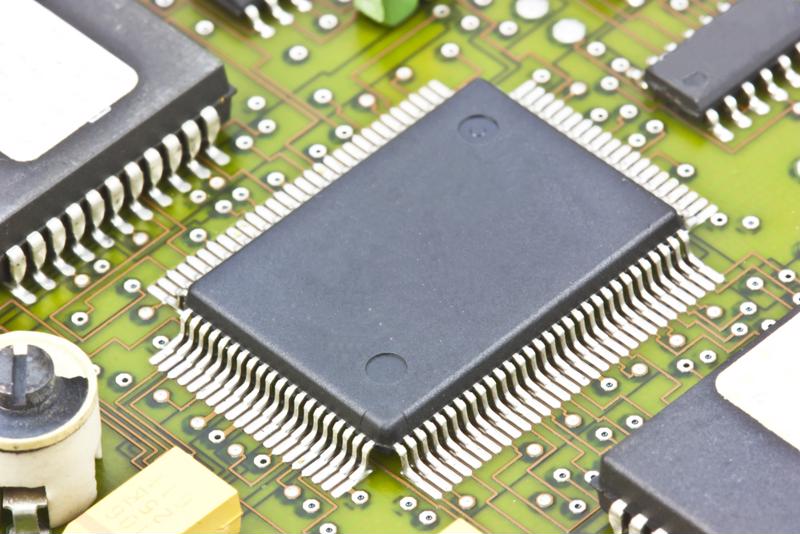

As we enter a new year, we look back at some of the biggest stories from 2022. One major conversation was the ongoing supply chain crisis, which forced automakers to lower their production plans and increased the price of new vehicles. As demand for used vehicles rose, too, their prices also crept up in tandem.
According to the New York Times, the sales of new cars and trucks experienced a sharp decline to its lowest point in a decade, likely due to a worldwide deficiency in computer chips and increased interest rates. This drove up the cost of acquisition. Analysts suspected that fewer than 14 million light trucks and cars will be sold in 2022, down from 17 million in 2019. Of course, the pandemic played a huge role in these numbers, but supply chain issues caused the greatest damage.
The Times also mentioned that it's suspected that car sales haven't been this low since 2011, which is a major blow to the industry. A lack of computer chips and a shortage of workers caused by COVID-19 forced car manufacturers to cut production by millions of vehicles. And while many companies involved in the supply chain crisis predicted a short recovery, they were proven wrong.
While electric vehicles (EVs) typically require more chip power, traditional cars are definitely not immune to the shortage – which we have clearly seen in the past year. What's the point of semiconductor chips in gasoline-fueled vehicles (which, according to the New York Times, can actually use up to 3,000)? They perform a wide range of functions in modern cars, including regulating engine timing and power delivery, managing airflow, monitoring emissions and controlling electrical loads. As the automotive industry becomes more and more motivated to prioritize fuel efficiency, the use of semiconductor chips is rapidly growing. The rise of software-enabled vehicles has also been a major driving force behind this chip spike.

In the next year, car sales are expected to pick up. It should be noted that the chip shortage was expected to fade away by the end of 2022, which would help the industry. But if the shortage continues, the industry could face an even greater issue. Automotive chips are still in short supply as manufacturers work to meet consumer demand, and it may be difficult to satisfy future demand as people continue to buy new vehicles.
While we can't completely predict what will happen, the auto industry will need to work with its suppliers to ensure that the supply chain for chips is robust. This could lead to some changes in the industry as companies and manufacturers adapt to the shortage. It could place a greater emphasis on the use of recycled and less energy-intensive components to create the most efficient vehicle possible. As more vehicles become electric, the demand for automotive chips will continue to increase, which will likely drive up prices a bit more. But, once supply and demand even out, prices should fall again. Time will tell how this will all work out.
Greening Testing Laboratories is a fully certified brake testing lab that provides a variety of brake testing services worldwide. Contact Greening for a complimentary consultation.